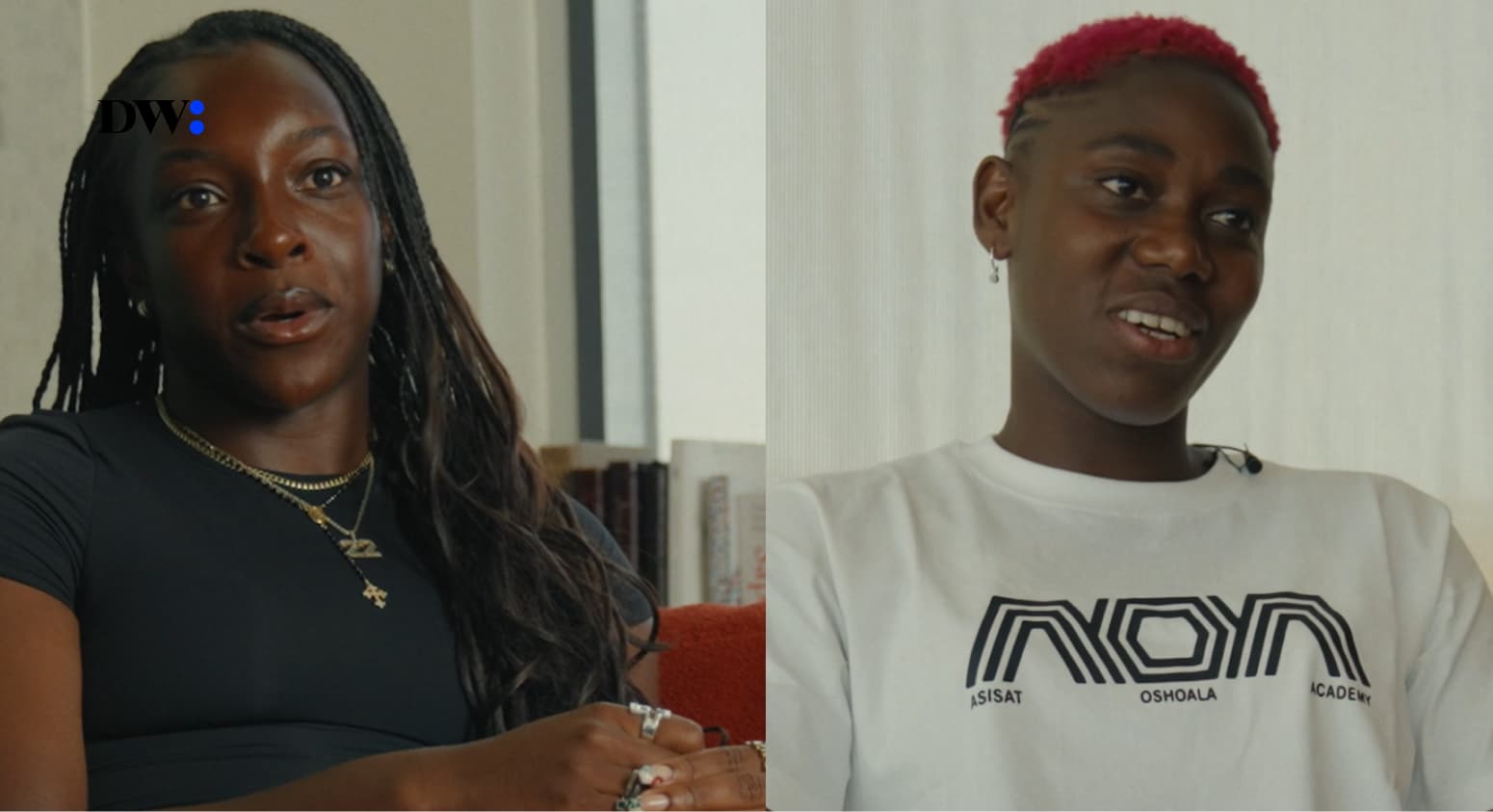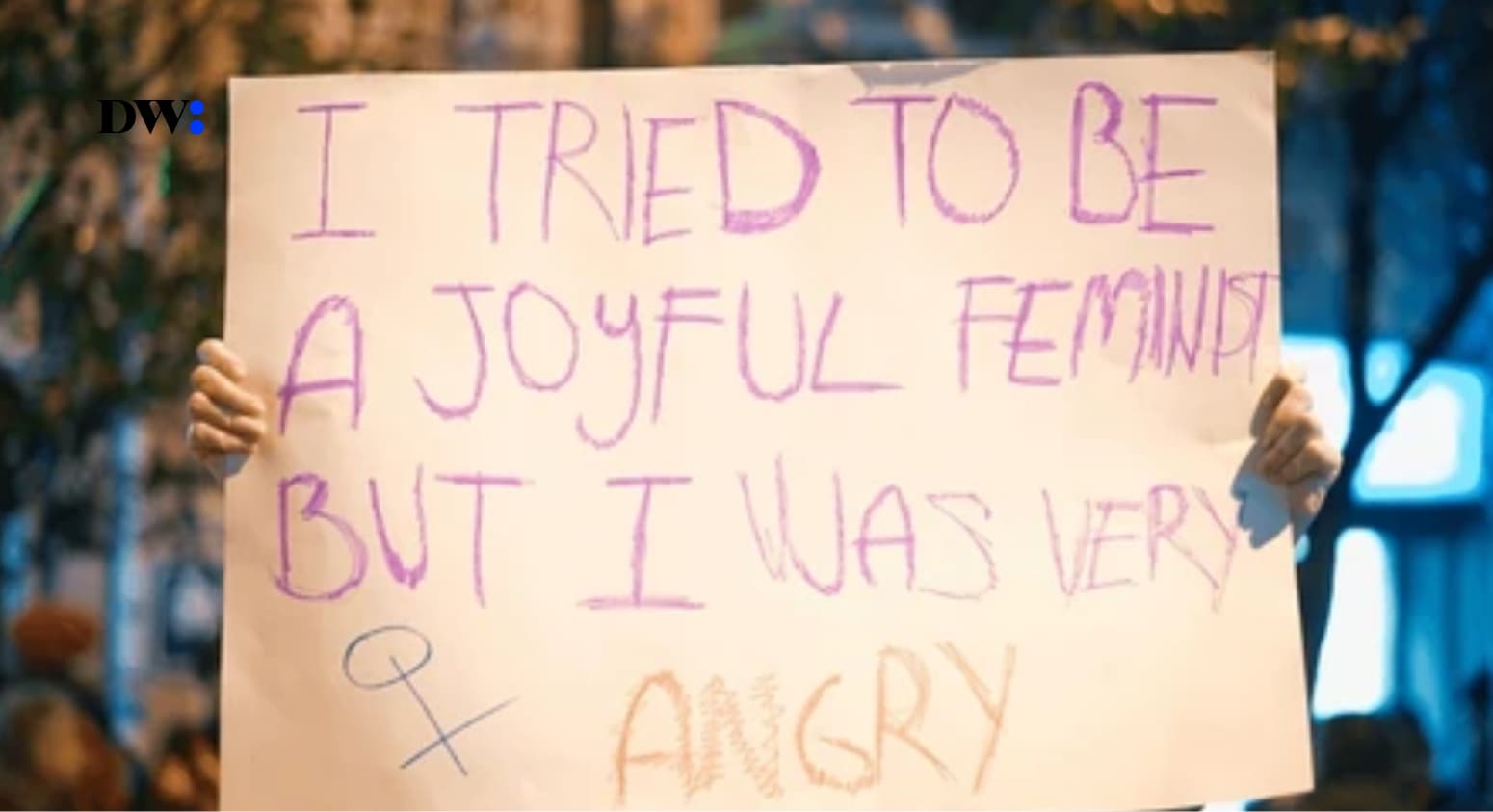After her critically acclaimed series “The Poppy War”, R.F Kuang drew readers into an enthralling world in her new book “Babel”.
In 2018, R.F Kuang stole the hearts and minds of fantasy lovers with her debut novel, “The Poppy War”, which expanded into a trilogy including “The Dragon Republic” and “The Burning God,” drawing its plot and politics from the bloody history of twentieth century china and an alternate world of gods and monsters. Although Babel is wrapped in glistening high fantasy pulp; beneath is a coming of age story, and a story about the tragedy of power.
Her artistic prowess in weaving brilliant fantasy into history once again captivated readers in her 2022 book “Babel,” a stellar novel that scathingly interrogates colonialism and the ways Western imperialism demands its victims to make peace with a system that exploits them in order to survive or face heavy consequences for attempting to fight back, while also displaying the beauty of language.
We follow Robin Swift, a boy orphaned in Canton and brought to England by a mysterious Professor who already has a peculiar destiny in mind for the boy. The Professor subjects Robin to intense language study with training in Latin, Greek and Chinese, and by 1836, he is enrolled in Oxford University’s prestigious Royal Institute of Translation, Babel.
Babel is the source of the British Empire’s power translation, as they manipulate silver bars and draw power from them through “match pairs”; an unending series of words in two different languages that hold “similar” meanings, with the bars creating the effect of the difference through feelings, colour, speed and even death. This may come across as complicated because it is but the technique unfolds seamlessly in the context of the story.
The institution takes brilliant children from all over the world, makes them fluent in various languages and puts them to work at Babel to translate and therefore create new match pairs which in turn create more magic to benefit the empire and enrich the pockets of London’s already enriched elite.
Robin grows up in England, a paradise compared to the cholera and strife of his early life, but as he makes friends; Ramy from Calcutta, and Victoire, a girl of Haitian descent, they delve deeper into Babel and the Empire they are propping up.
Kuang has never been afraid to speak uncomfortable truths and Babel is no exception. From debates on the empire’s role in preventing the abolition of slavery to their propagation of opium addiction in Asia for economic gain, this book, also called “An Arcane History of the Oxford Translators’ Revolution”, explores many themes, from the impact of colonialism on the world; the dichotomy of effectively forcing language and culture deemed “proper” on entire countries and wiping out their civilization, while carting off their wealth and culture to be put on display in Museums and University Colleges. Babel needs people that speak the languages that are needed to ensure translation works the silver bars effectively, but those people would only ever be used for what they could do.
“They were both shaken by the sudden realisation that they did not belong in this place, that despite their affiliation with the Translation institute and despite their gowns and pretensions, their bodies were not safe on the streets. They were men in Oxford, but not Oxford men.”
A notable aspect of the book is how Kuang does not alter the real history behind this masterful story but rather pins its high fantasy elements right in it; she shows history no mercy as she tackles themes of racism, identity and belonging, as one would imagine in 19th century England. Kuang also maintains the authenticity of the stories’ history in footnotes and research papers cited across the book, although preachy for a work of fiction, these materials draw the reader into the systems that the characters are up against, unveiling the imperial foundations on which Babel is built.
The axis on which the story pivots is the first Opium war. Britain’s endless need for silver to continue to uphold its empire’s power, pushes them to incite an opium epidemic in China, by forcing them to buy opium from Britain’s massive poppy farms in India. This throws Babel’s young translators into a conundrum; to serve the corrupt institution that has given them opportunity and education, or their own people.
Babel also depicts language as a multifaceted concept, so important in determining who we are. Kuang uses the etymology and the understanding of a word, or its misunderstanding, as impactful tools in making silver work, or in altering the course of a life, or a love. To wield the power of her silver bars, you needed to think in a language – not just recognize it and slightly understand it.
“I can not use this bar because I do not dream in Chinese. I don’t have memories in Chinese.”
Language shapes how we view the world, and in Robin, Ramy, Victoire, and Letty, Kuang makes the perfect canvas for what she has written. Following this world through their eyes brought many emotions, from joy, to hope to ache.
Babel is dark academia at its finest. It is a triumph! This award season recognizes that; already the winner of the 2022 Nebula Award for Best Novel and now the winner of the 2023 British Book Awards prize for Fiction.




